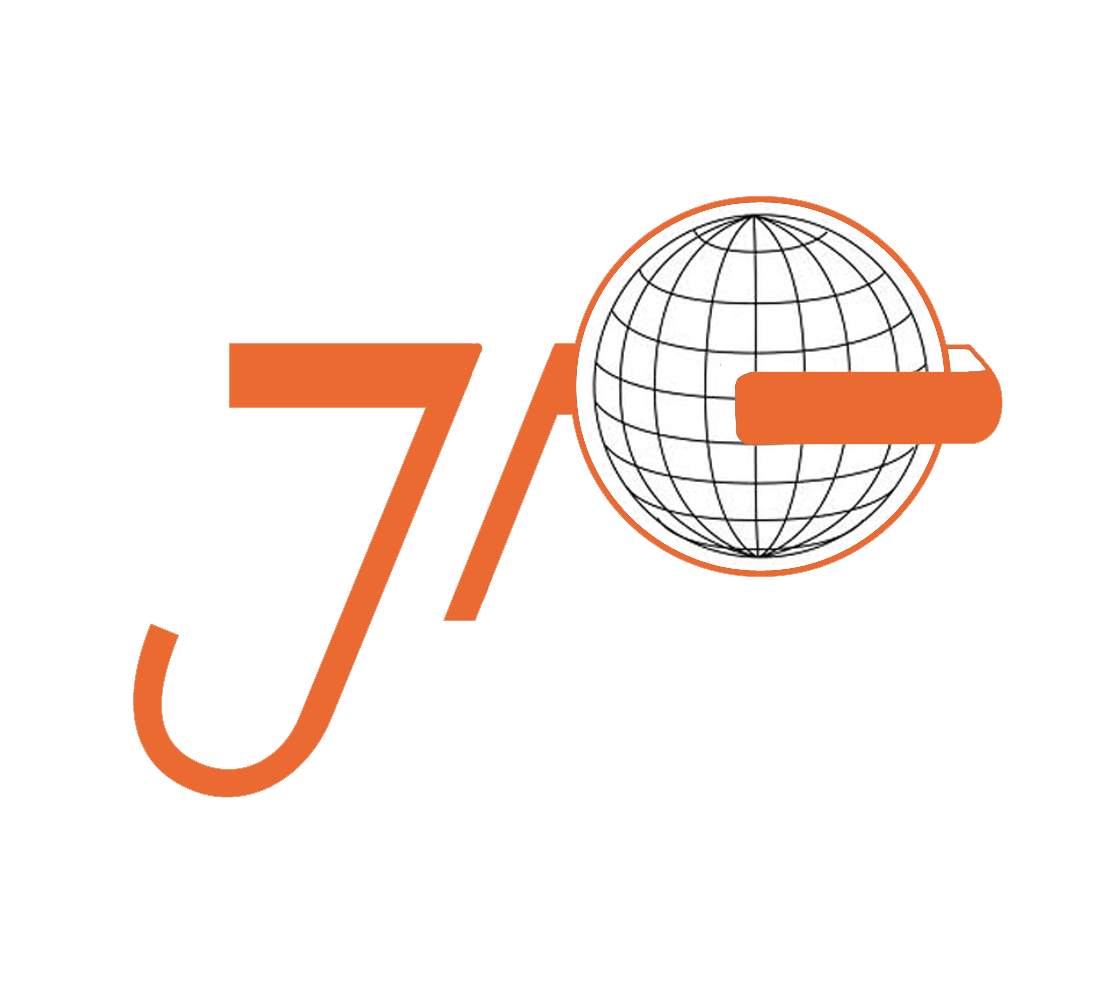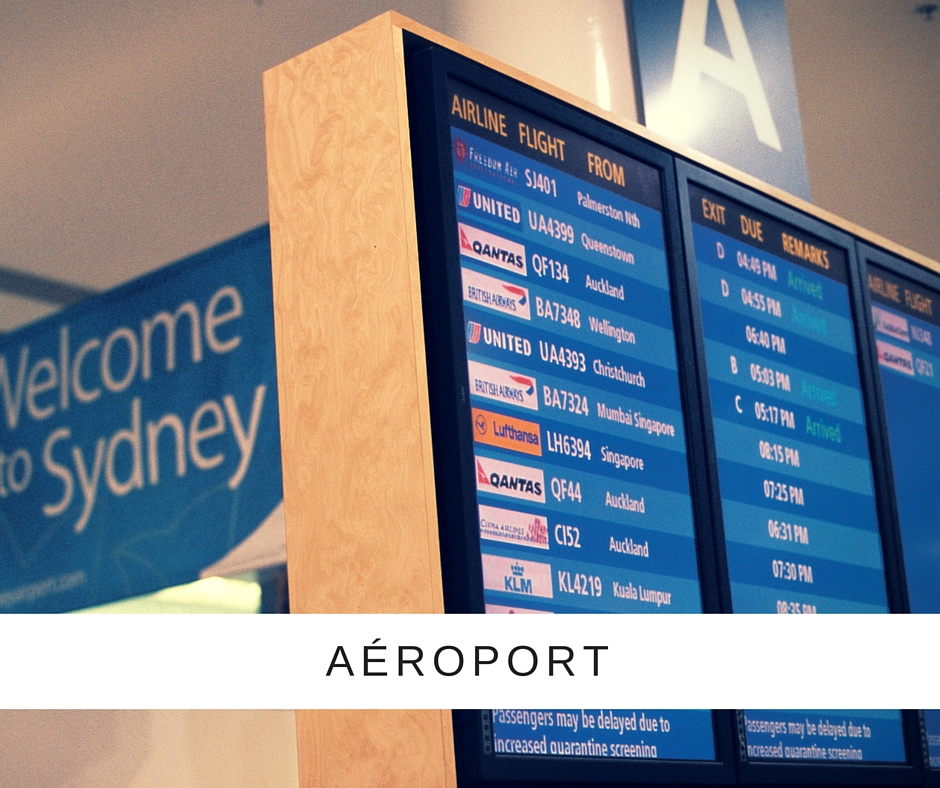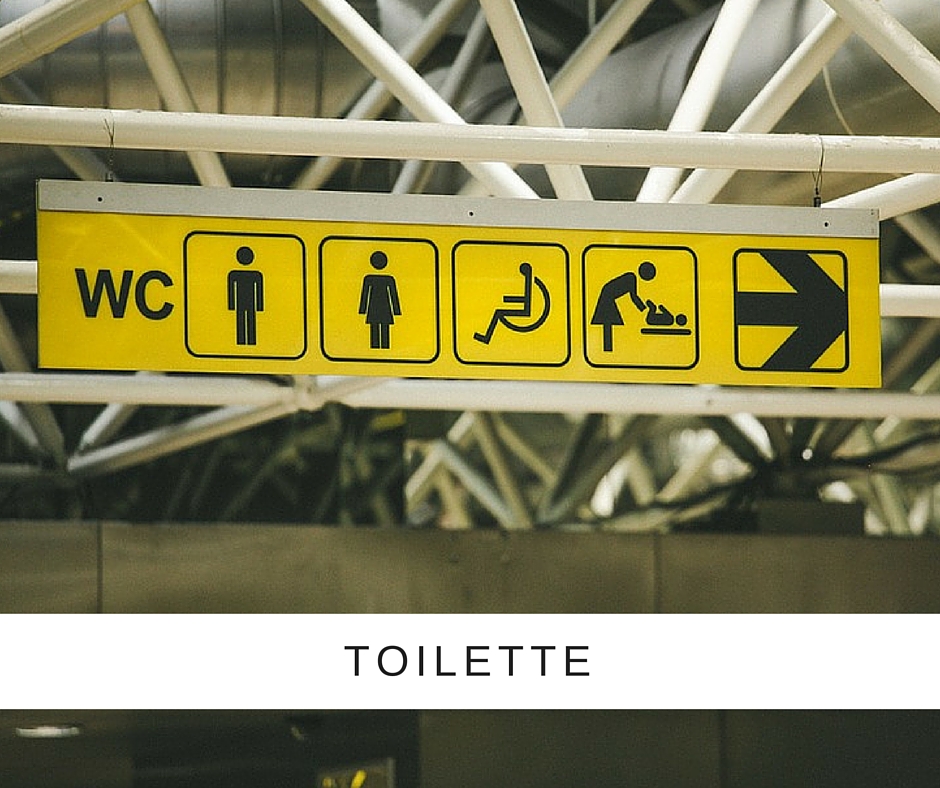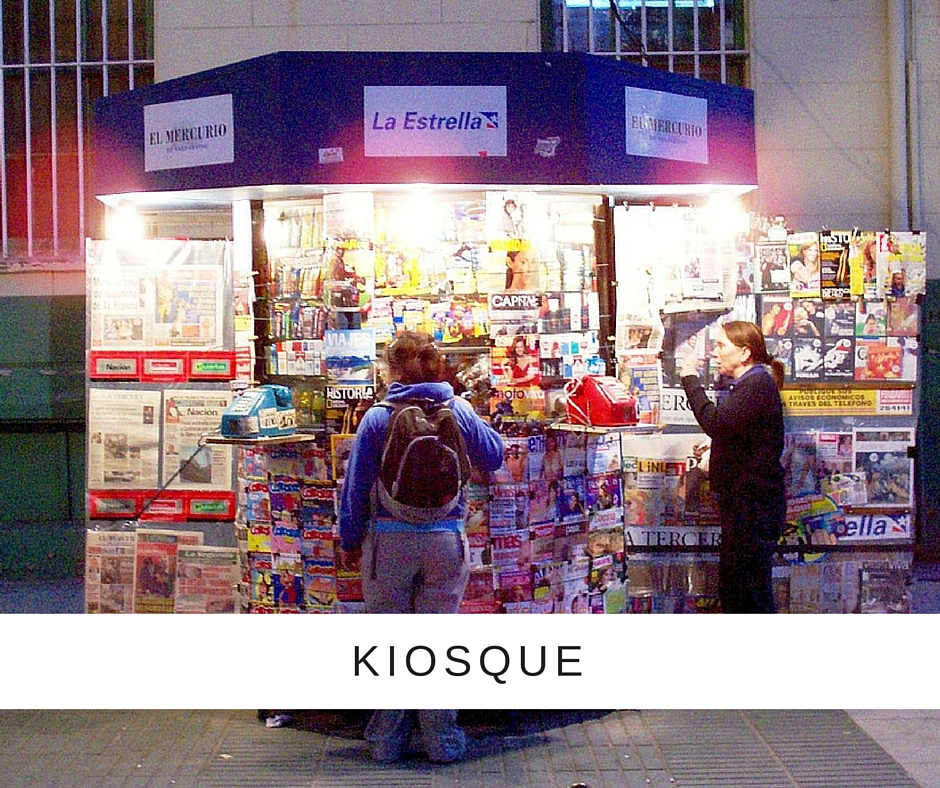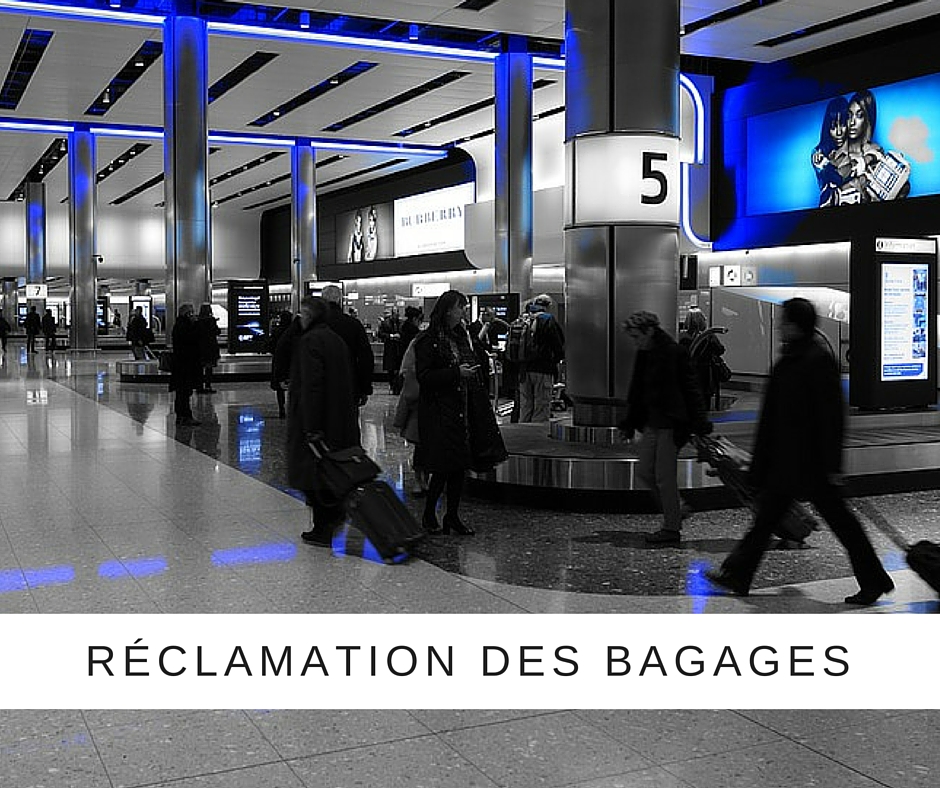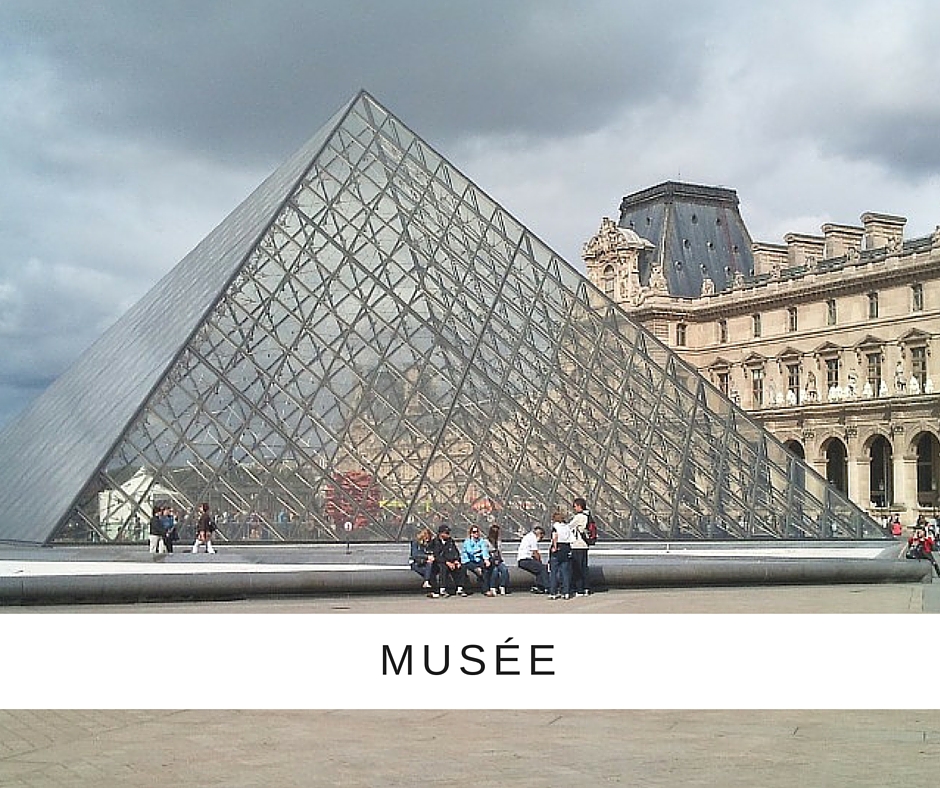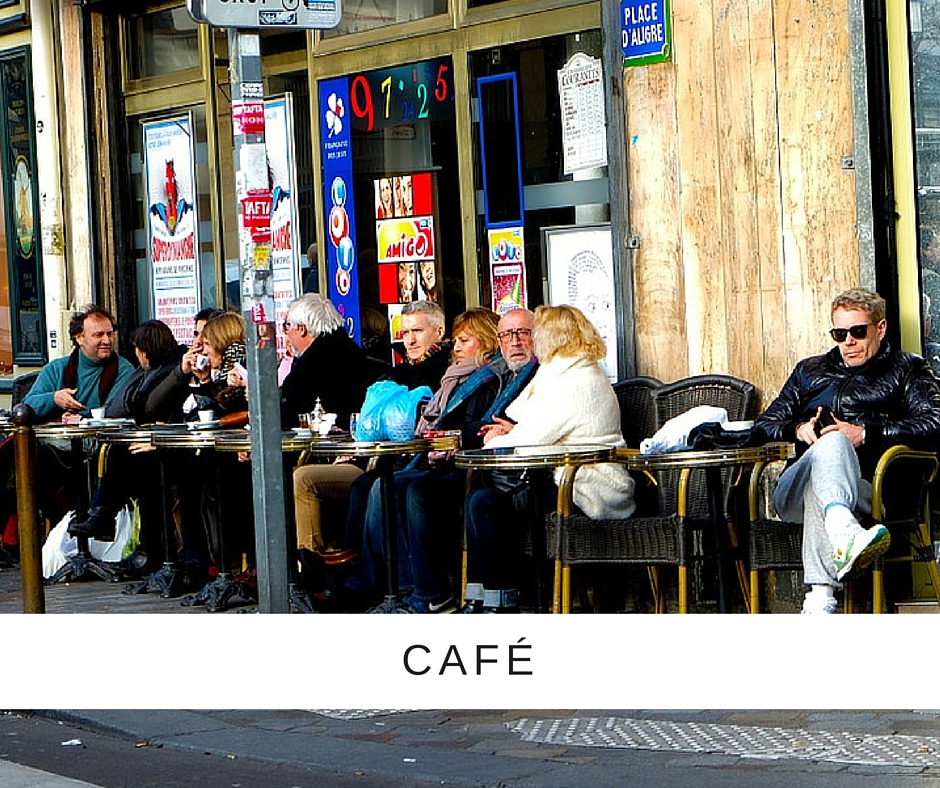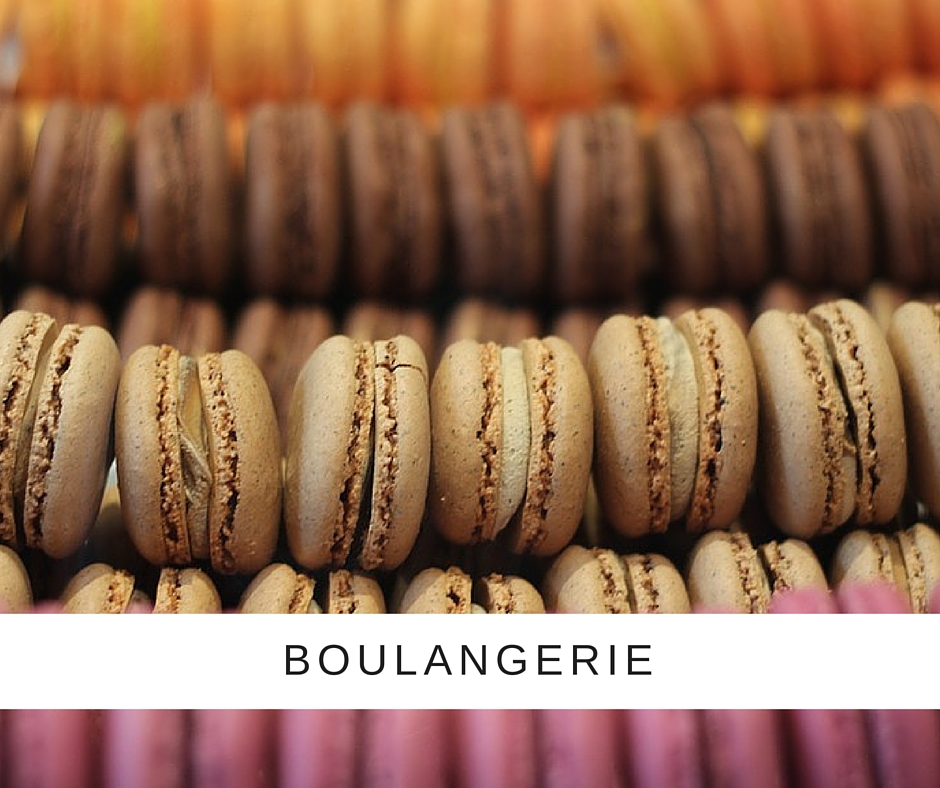
Fall Vocabulary for French Beginners
The only word not in this quiz is “pumpkin spice latte.”
In the fall, the smell of autumn dances across the cobblestone streets of Paris as the warm-colored leaves drift over vineyards in the South of France. For tourists, this time of year is one of the 'hidden gems' to be discovered for an authentic traveling experience as busy Parisians head back to work, farmers are back to tending their farms and kids are back to school ('La Rentrée'). So why not take advantage of this glorious time of France's landscape by brushing up on your French vocab? Below we have included a few fall-inspired photos and a very short quiz to help build your Fall Vocabulary for French Beginners! Let's see how many terms you can translate from English to French (*take note of plural words or verbs). Click 'Traduire' to see the correct translations. We hope you enjoy!
Take the quiz!
Match the English terms above to the French translations below. Try your best at guessing the terms by breaking the word into syllables and recognizing similarities in the terms to the English language. Click 'Traduire' to see the correct responses.
French Vocabulary to Use While Traveling
Some useful phrases to know for your next trip to a Francophone port of call.
It is no secret that we are huge fans of traveling! Yes, we are a little biased, but most of our students feel the same. Thus, we thought it would be helpful to put together some French vocabulary that comes in very handy while traveling. Check out all of the tools below (including audio pronunciations) and a quiz at the end. We hope you can utilize the helpful tips on your next trip abroad. Bonne Voyager!
Preparing For The Trip
Yes, traveling is inspiring. You might imagine sipping a warm coffee amidst the cobblestone streets of Paris and just the mere thought brings a smile to our faces. But, in order to make this journey a pleasant reality, the key is in the preparation. This means packing and planning accordingly, thinking ahead and strategizing. So, we shall focus on the verb Préparer or To Prepare. To keep things simple, I have included the conjugations for this verb in the present tense only. Take a look at the chart below and try saying the words aloud.
To make sure you are pronouncing the words correctly, I have included an audio guide below. This recording is from Jean-Philippe, one of our native French instructors at JP Linguistics. Take a listen and try to saying the conjugations aloud with Jean-Philippe.
Now that we are familiar with the conjugations of Préparer, let's try building a sentence. In order to do this, we need some more vocabulary which I have included in the images below. Take a peek at some of the terms such as Le Passport, Des Gants, and Un Pull and try saying the words aloud.
Now we can build a few sentences using the Je or 'I' form using the conjugations above. Instead of using the other forms (Tu, Il/Elle, etc), we'll just keep it simple with the Je form throughout this article. The format for building the sentence looks like this:
SUBJECT + VERB + (PREPOSITION) + NOUN
Here are a few sample sentences. Try reading these and saying them aloud. Below is an audio guide to help. It repeats each sentence twice.
1. Je prépare le sac (I prepare the bag)
2. Je prépare mon passport (I prepare my passport)
3. Je prépare mon appareil photo (I prepare my camera)
4. Je prépare mon portable pour le voyage (I prepare my cell phone for the trip)
5. Je prépare des lunettes pour mon voyage (I prepare glasses for my trip)
Your turn! Try making a few sentences using the new vocabulary above.
It's Time to Go
Now that you have packed your bags and are ready for your trip, it's time to go. Thus, we shall focus on the verb Aller or To Go. This is a very common and useful verb to know in French. However, it is an irregular verb, so the conjugations might look strange compared to other French verbs. Take a look at the conjugations and try saying them aloud. Then try memorizing them. To help you, I have included an audio guide just below the verb chart.
The next step is for us to look at a few nouns we can imagine ourselves going to. This will help us to build a few sentences to practice. Take a look below and see if you recognize these places. Then, try saying their names aloud.
Now it's time for us to build some sentences to practice. Again, we will use the Je or 'I' form only in the present tense, using the sentence structure below. To help guide you, listen the audio recording below which includes each sentence repeated twice:
SUBJECT + VERB + (PREPOSITION) + NOUN
1. Je vais à la gare (I go to the train station)
2. Je vais aux toilettes (I go to the toilet)
3. Je vais à la sécurité de l'aéroport (I go to the airport security check)
4. Je vais au kiosque (I go to the newspaper stand)
*notice the à la /au/aux in each sentence. It's important to always include the articles before the noun.
Now it's your turn! Try making a few sentences using the vocabulary above.
You Made It
Now that the you have come to your destination, you can sit back and relax. This is the time when you can enjoy arriving to the location you have dreamed of for so long. So, we shall focus on the verb Arriver or To Arrive. Take a look at the conjugation chart below and trying saying it aloud using the audio recording just beneath it as a guide.
Now we can use a few more vocabulary nouns to help us build some practice sentences. Take a look at the images below and try saying their names aloud.
Wonderful! Now, let's build a few sentences in the Je form, present tense. We can use the following sentence structure as a guide along with the audio recording for pronunciation recognition:
SUBJECT + VERB + (PREPOSITION) + NOUN
1. J' arrive à mon hotel (I arrive at my hotel)
2. J' arrive à la boulangerie (I arrive at the bakery)
3. J' arrive au café (I arrive at the cafe)
4. J' arrive chez* mes parents (I arrive at my parent's house)
* Notice the preposition chez to indicate people's house.
Now it's your turn! Try forming a few new sentences by using the vocabulary above.
We hope you enjoyed reading French Vocabulary To Use While Traveling. More importantly, we hope you can use some of these new vocabulary tips on your next trip to France! Please feel free to share this with your friends and family and include some of your favorite French travel phrases in the comments below. If you are looking for Private French Lessons or French Group Classes taught by native instructors, please visit JP Linguistics for more information!
Now, let's test the knowledge you have just learned with a little quiz. How many of these sentences can you translate correctly? Try your best not to scroll up. Once you click the 'Traduire' button below, the correct answers will be revealed. Ready, set, go!
The French Travel Quiz
French Tips to Survive the Moulin Rouge
Just because Parisians avoid it doesn’t mean it’s not worth the visit.
While most Parisian natives stay far away from the Moulin Rouge (mostly because it's located in the 'Boulevarde de Clichy' (a commonplace for the sex trade)), it is a very sought after spot by tourists. To shed some light on the topic, we wanted to take a trip on the wild side & send you a few tips to survive the Moulin Rouge from a native French perspective. We hope you enjoy!
Approaching 'Le Moulin'
You will definitely want to watch your belongings while strolling through the Boulevarde de Clichy. Used heroin needles, sloppy newspapers, and prostitutes roam these streets, but look up towards the sky and all of that seems to disappear as you see the bright red lights and spinning windmill of the Moulin Rouge. The staff at this spectacle tend to wear a chip on their shoulder, so it is best to buy tickets ahead of time. If you happen to arrive without a ticket, you should know that performances are usually held at 7PM, 9PM, and 11PM and it's best to arrive 30minutes prior. Also take note that the tickets are around 115€ for regular seats and about 200€ for VIP seats (which include champagne, macarons & more). When you arrive, try ordering your ticket en Français with 'Une entrée pour le spectacle de ce soir, s'il vous plaît' ('1 ticket for tonight's show please'). You can follow up with 'Le Spectacle dure combien de temps?' ('How long is the performance'). We would recommend paying a few extra euros and grabbing the seats with the champagne.
Getting In
Once you are ready to usher through the crowds and into Toulouse Lautrec's favorite playground, you will be taken to your seats. At this point, most people grab their iphones and try snapping a quick photo of the venue. However, the ushers are on high alert for this as photos & video are strictly prohibited. You will hear this phrase constantly 'Les photos ne sont pas autorisées' ('No photos allowed'), at which you can kindly respond 'Désolé! Je ne savais pas" (Sorry, I didn't know).
The Show
If you are the type of person who enjoys contemporary, avant-garde performances then this might not be the show for you. During its heyday, the show was an arousing display of topless women and dazzling costumes that were innovative. For today's standard, this show is more of a mediocre Broadway, than a flashy modern dance. In any case, you will enjoy seeing what brought some of the most famous paintings in art history to life through the live performances that inspired Toulouse Lautrec. Just take note of the amount of 'foreigners' you see dancing on stage during the performance. If you are expecting a cabaret-style line up of Parisian talent, you might be slightly surprised by the majority of Eastern European performers.
After
As discussed, the area just outside the Moulin Rouge has some safety concerns. It's best to head directly to a cozy bar in Montmartre, such as the 'Chez Ammad' (formerly 'The Grand Hôtel de Clairmont'). At this point, you can grab a martini with a friend and engage in one of France's favorite activities, 'la critique.' Common phrases might include 'Qu'est-ce que tu as pensé des costumes ?' ('What did you think of the costumes?') 'Tu as aimé les chansons ?' ('Did you like the singing?') and "Tu as aimé ?' ('Did you enjoy it?'). In any case, you will have plenty of time to discuss as most bars stay open until 2AM or later if they have proper dispensation.
There is much to do and see around Paris and, for obvious reasons, the Moulin Rouge is one of the many landmarks to consider. Many tourists often wonder what actually goes on inside, so we hope this post offered some useful insight. Have you been to the Moulin Rouge or are considering going? Make sure to leave a comment below with your thoughts, questions or with any of your favorite tips!
8 Funny French Observations About The U.S.A.
Here’s a tongue twister: what do you think the French think about you?
Part of understanding another culture is stepping back and getting to know your own culture better. In order to help facilitate this introspective, we thought to round up a few outside perspectives about the U.S.A. from some blunt and honest French travelers who have some interesting observations to share from their journeys. I hope you enjoy these 8 Funny French Observations About The U.S.A.!
1. Prepare for Friendliness Overload & lots of hugging
"Our custom is to kiss before, during, and after each social encounter, with 1, 2, 3, or 4 kisses. This is not the custom in the United States. For a friend, we will hug, with a great tapping on the back and a big smile. For colleagues, greet with a good handshake. Americans have a firm handshake, so do not hesitate to grind their knuckles. It is also a sign you have confidence in yourself.
Be prepared for an onslaught of friendliness. You may be approached by a stranger on the street asking you where you got your coat. Passersby's greet each other cheerfully on the street. Your neighbor may compliment you on the curve of your muscles, and the cashier at the supermarket may ask you what you are doing this weekend (and the three cases of rosé you've purchased)." [Source]
2. Bigger Is Better
"Everything is bigger. Every subject is a big drama. Everything they want to build is huge." [Source]
3. Walk Signs Will Cause Anxiety
"Crossing the road as a pedestrian is not always easy, you often have to wait for ages. When the white man is on, you can cross. And then a stressful countdown shows the time remaining for you to cross, sometimes only a few seconds to cross large avenues." [Source]
4. Always Compliment a Child or a Pet (Even If They Are Ugly)
"Rejoicing in the presence of children or pets. This is the correlation of "smile to strangers," it is mandatory to have a smile or a little "how cute" tilt to your head if you come across a child or pet. Even if they are ugly." [Source]
"Also, if you are running errands and drop off your pants at the cleaners or pop into the supermarket... know that leaving children alone, whether at the home, in the car, or the hotel is frowned upon, even prohibited." [Source]
5. Work, Work, Work
"In France, we choose life over work. We also choose strikes over work, but Americans work too much." [Source]
6. Pluming Has No Logic
"I still have not understood how it is that in my American sink I have, in addition to the tap, a flexible head (as in a French shower) to rinse the corners of the sink but in my shower / tub which is three times larger, I have a fixed head on the wall! No logic!" [Source]
7. They're Loud
"Commercials in the United States are always yelling at me." [Source]
8. Public Restrooms = No Privacy
"If you want privacy (in a public restroom), no chance. There are no real walls, only partitions that do not even go to the ground. So you can see the shoes of your colleagues, hear all the noises ... And even the doors do not help much. You can see the faces of the occupants through the slits in the doorway." [Source]
Are you French and have some observations to add to our 8 Funny French Observations About The U.S.A. post? Be sure to leave a comment down below and share this post using #jplingo @jplinguistics. Don't forget to check out our French Private Lessons & Group Classes by visiting www.jplinguistics.com!
